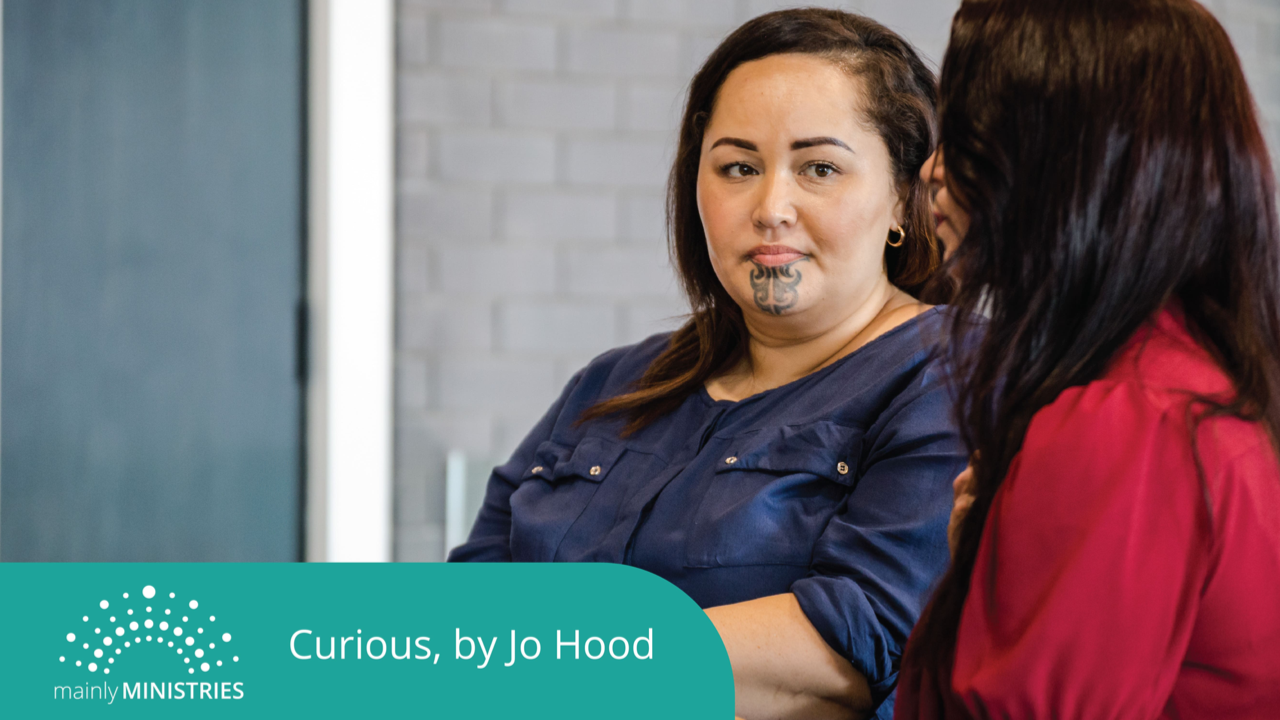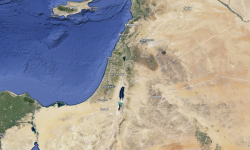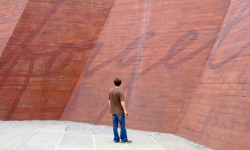
Curious, by Jo Hood, is a monthly column. Jo is the Visionary of mainly Ministries, an organisation that remains curious as they resource and support local churches, church plants, missional communities, and Christian schools to connect with whānau in the community.
Do you wonder whether people understand that you can only find hope in Jesus? One of our management teams attended a full-day conference on HOPE. In society, there’s science behind hope; in the Christian faith, there’s a person. His name is Jesus.
Researcher Charles R Snyder has developed the Hope Theory, which explores the cognitive and emotional components of hope. To understand the neural basis of hope, you can explore studies on brain regions associated with hope. These include the prefrontal cortex, responsible for decision-making and goal-setting, and the limbic system, which plays a key role in regulating emotions.
Hope is associated with better health outcomes. Researchers have developed interventions to enhance hope in individuals, such as hope therapy or hope-focused interventions. Teaching people how to set realistic goals, create pathways to achieve them, and maintain a belief in their ability to overcome obstacles, ultimately improves their overall well-being and mental health - Until the next crisis.
We speak another language. Jesus. He provides hope through his death and resurrection.
Within the language of Māori, there is a word that helps us shape hope. Manaakitanga derives from two words – ‘mana’ and ‘aki’. Mana is a condition that holds everything in the highest regard. Aki means to uphold/support/encourage. Manaakitanga is a powerful way of expressing our care for each other’s well-being, nurturing relationships, and engaging with one another in the highest regard. Extending Manaakitanga requires respect, humility, kindness, and honesty. In uplifting others and giving them respect and aroha/love, we also hold our own mana/highest regard in balance.
I love how this word embodies so much of what we, as faith communities and mainly Ministries, are about in our connection with whānau/families in the local community. Manaakitanga brings a foundation for hope to be seen, an invitation to get to know Jesus.
We speak another language. Jesus. We hold Him in the highest regard. We extend respect, humility, kindness and honesty to others because of His love for us. We look after others and ourselves because we have hope in Jesus.
How do we speak out hope in our community of faith setting as we support whānau/families coming into contact with us? In our everyday life. In groups like mainly music or mainly play. Anything we do in the course of our lives. We speak hope through the gospel.
Let’s dive into some thinking from 1 Thessalonians 1: 4-5 – For we know, brothers loved by God, that he has chosen you, because our gospel came to you not only in word, but also in power and in the Holy Spirit and with full conviction.
In his book, 1 & 2 Thessalonians For You, Ligon Duncan writes:
Sometimes people talk about sharing the gospel wordlessly. It can’t be done. The gospel is by definition an announcement; it is an announcement about something that God has done. God, in love, has given his only Son, the Lord Jesus Christ, to die in the place of sinners – his enemies. Jesus lived, died, and rose in order that, while we were yet in our sin and ungodliness, we might be forgiven, that the definition of sin might be broken in our lives, and that we might be accepted back into God’s family and dwell with him forever. That is the gospel.
Sometimes Christian leaders say things like, “Be the gospel.” They mean that you should live in a way that reflects the gospel, and that will be enough to draw people to Christ. Of course, there is a truth in that. We must practice what we preach. We will want to demonstrate the results and the effects of the gospel in our lives so that people understand that we’re not hypocrites; we’re not saying one thing but living another way. We will want to show them that we love them and, by that, prepare them to hear the word of God. Those are good things, but they are not the gospel as such. The work of Christ on the cross is the gospel. Our job is not to be the gospel but to share it. And for that, we need words.
Throughout the book of Acts, where the gospel goes, the Holy Spirit comes. Wherever the gospel is accepted, the Holy Spirit is at work. He comes to convert, and he comes to sanctify – that’s how he manifests himself.
This is what Paul saw happen when he preached the word of God to the Thessalonians. The Holy Spirit opened their eyes to see that the gospel was true. They believed, and they received the promise that God had made to Abraham thousands of years ago – the promised Holy Spirit.
This different language, a language of hope, combines everything you’ve just read.
Practically speaking, this means being tuned into the Holy Spirit’s prompts and then acting, sometimes following through on a prompt that seems bizarre. It’s being tuned into the Holy Spirit’s prompts as we listen to people and as we respond. It’s being clear on what our faith means to us.
What language do you speak? The language of the gospel. The language of hope. That is, hope in Jesus.
Go a bit further – Engage
When we face people who live a different lifestyle or exhibit different behaviours, how do we use the gospel and Jesus’ life to respond with respect, humility, kindness, and honesty (that is, Manaakitanga)?
Ligon Duncan writes: We will want to demonstrate the results and the effects of the gospel in our lives so that people understand that we’re not hypocrites; we’re not saying one thing but living another way.
How do you demonstrate the results and effects of the gospel in your life?
Photo: Supplied by mainly Ministries, from iStock


